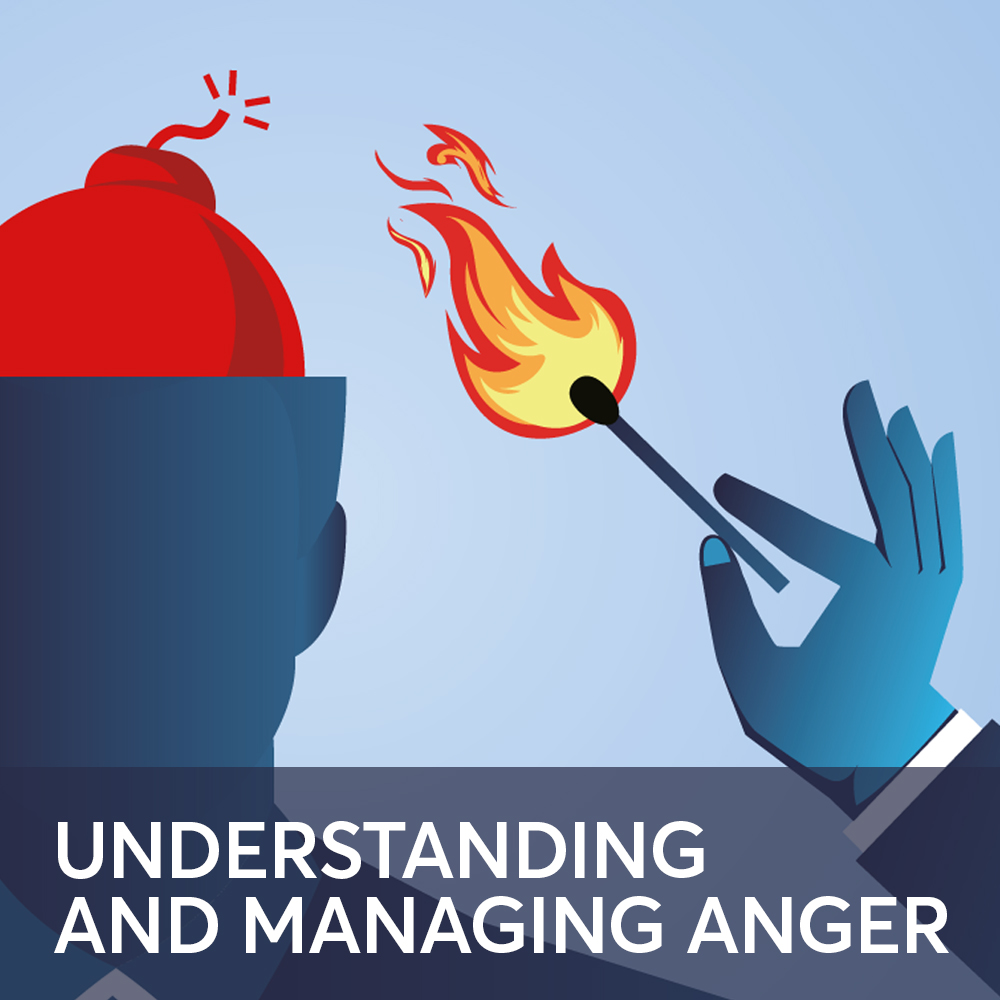Illness can change family communication in unexpected ways
A patient’s world can be an ever shrinking one. Being low on energy, short of breath, less mobile, unable to venture far except perhaps for treatment or on brief assisted excursions, can mean that life becomes confined to an environment of limited size and scope. Of course, this can happen as well to family members who are frequent carers. They can feel like their life is on hold and that many activities and interactions with others have been curtailed. Positive patient & family communication can make a difference
Some people find that when life is affected this way, it becomes increasingly routine and mundane or boring. Conversation can become habitually about illness, treatment, appointments and all the practicalities of dealing with various health professionals and agencies, leaving little room for ordinary conversation. It is easy to understand how patients and families get lost in this and can be profoundly undermined by how it continually reinforces their sense of loss, confinement, and powerlessness. It can also cause a person to lose their sense of who they are and of their own worth.
Is there a way out of this, back to a more meaningful and human existence? Some of the following strategies might help maintain positive patient & family communication.
Patient & Family Communication – Common difficulties and some positive suggestions is a downloadable resource available here. It talks about:
- Advantages of open communication
- Repairing relationships
- When hurtful things are said
- Should children be included in family communication?
- Illness can change family communication in unexpected ways
- Male versus female styles of communication
- Speaking for others: helpful or unhelpful?
- Calm communication is helpful for everyone
- Sharing positive communication with other family members
- When positive thinking and its language is not always positive
Enjoy your conversations
Set aside time each day where no talk of illness or associated topics intrudes; time for meaningful, interesting, or pleasurable conversation. Think beforehand of topics that could be discussed in this time, to avoid exhausting conversation with ‘small talk’ that becomes repetitive or tiresome.
Find pleasure in the small things If you are deprived of a variety of stimulation once experienced in various activities prior to the illness, it is often possible to shift focus and start to find meaning in simpler things. When life has been busy and full for us, common and immediate everyday things can easily be taken for granted and become mundane, even our relationships. However, if we make the decision to practise noticing and being attentive to the present moment, we can ‘break open’ meaning and pleasure contained in many simple things previously unnoticed, all of which are available in even a confined environment.
We have the past as evidence that this is possible, when people really looked forward to and appreciated the simplest of things: a cooked meal, a warm fire, a comfortable chair, a book to read, friends and conversation, the coming of sunny days and seeing life continuing on in the young. If nothing else, it is worth daily taking stock of anything and everything for which one can be grateful. This practice can help you set the tone of your emotional experience in a positive way – even in the most difficult of circumstances.
Embrace technology
If it isn’t possible to be with friends and family in a way that might once have been the case, it may be a priority to use video-calling technology to see them and talk to them. Whilst some people dismiss this by saying, ‘computers and all that techy stuff are beyond me’, the majority of people who try it find it quite manageable and even something of a novelty.
Video calling is now very common as a way of staying in touch with family and friends and being able to see them in real time. If you lack the confidence to get set up for this, simply ask someone else to do it for you, someone confident to help. There will be very little you need to do in order to get started and begin enjoying the benefits.
Take a look back at life
Conducting a brief life review – recalling who you have been and the course of your life in the past – can help with recovering a sense of your place in the world, a sense of the person that you are beyond how illness or present circumstances have tended to redefine you.
This is simple enough if you have a willing relative or friend that is a good listener. Alternatively, you could engage a counsellor to help you with this. This process has also been found to be a useful way of accessing meaning from one’s past life, which can provide positive buoyancy for mood and emotions in the present.
A couple of cautions are important here though. Though recalling positive aspects of one’s past life can have its benefits, mulling over the past in a way that invites regret, sadness, or anger is most often unhelpful. We can all too easily import memories and emotions that rob us of the benefits of being in the present moment. A simple question to ask oneself when recalling the past, is: how am I experiencing this? If the answer isn’t wholeheartedly positive, then it may be as well to concentrate more exclusively on the present. ‘The problems of today are more than sufficient for today’, without importing them from the past.
Patient & Family Communication – Common difficulties and some positive suggestions is a downloadable resource available here.






